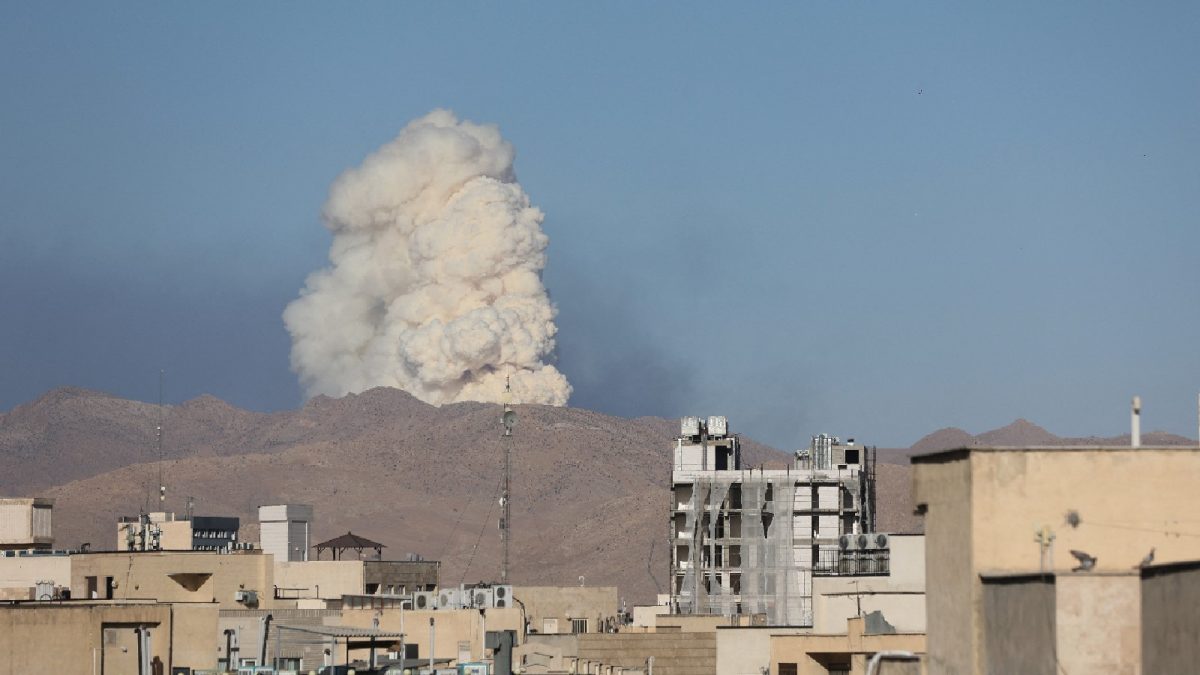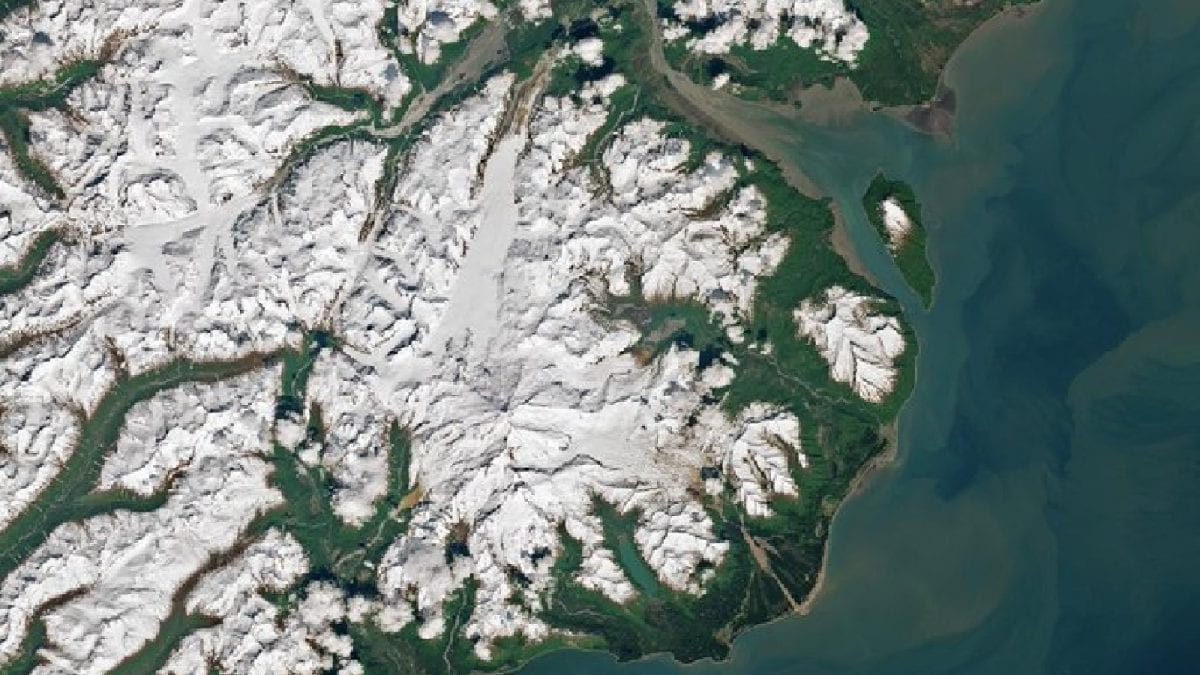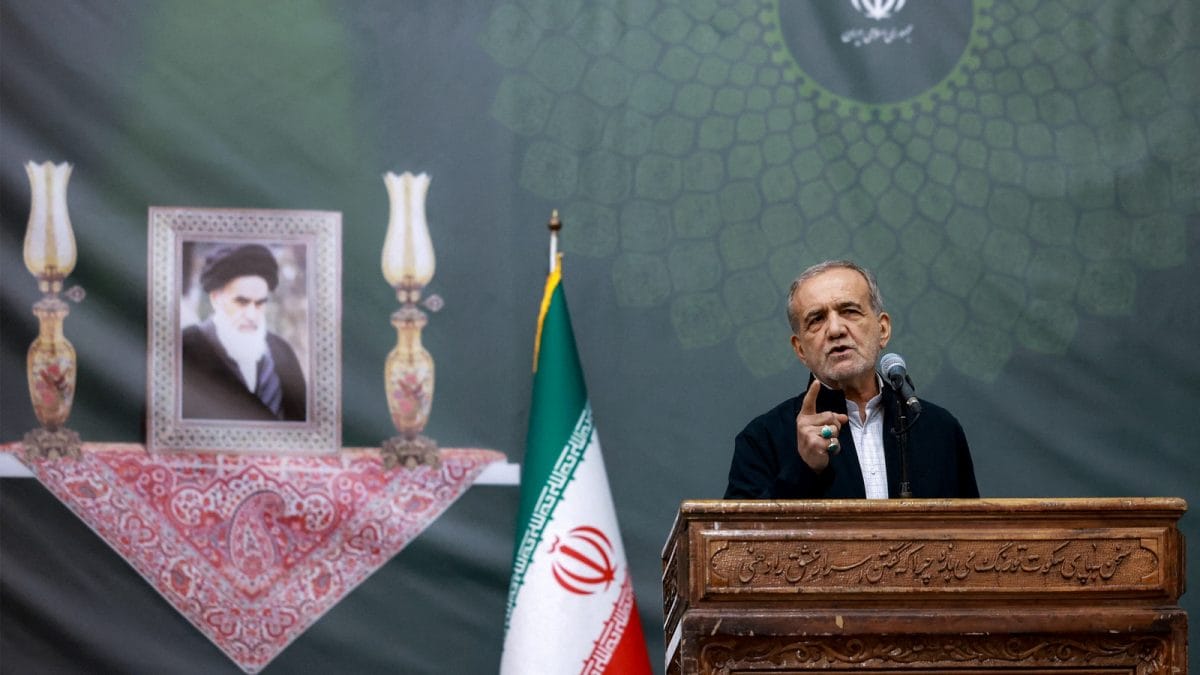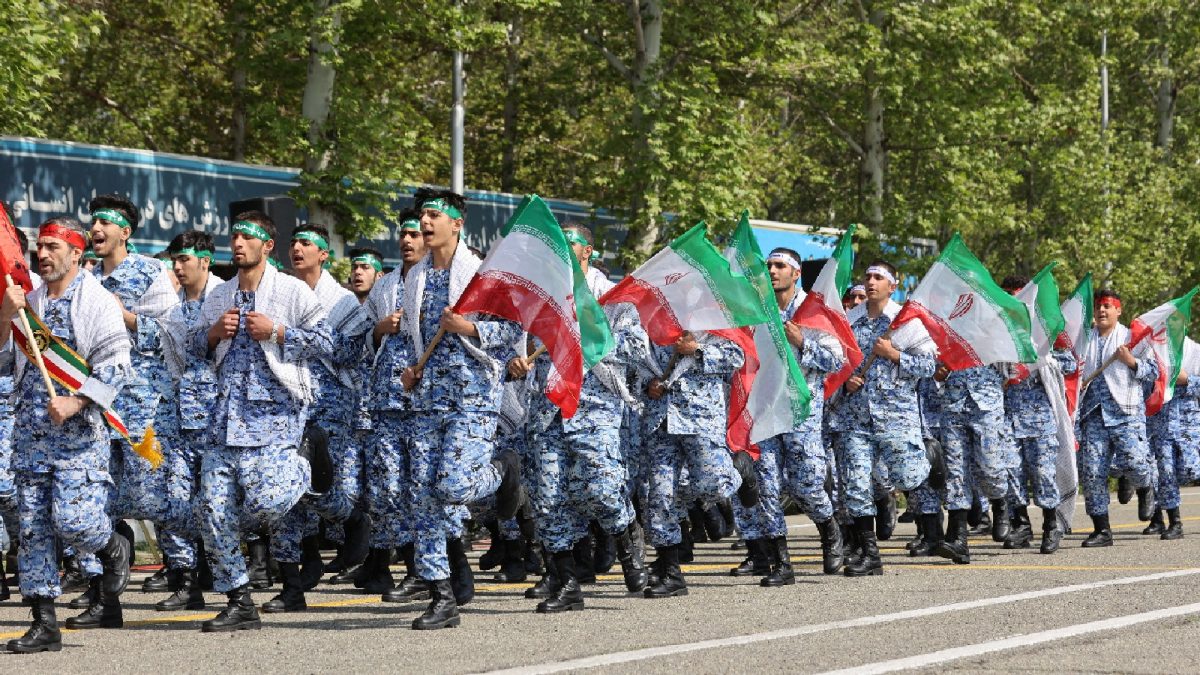Washington's "shock and awe" strategy has backfired spectacularly. By treating every attack as existential and controlling the psychological narrative, Iran has not merely survived the world's most powerful military—it has stared it down, leaving questions about American strategic coherence in a volatile region.

Trump slams Israel for ‘unloading’ after truce; says Iran will never rebuild nukes
Between 13-24 June 2025, West Asia witnessed unprecedented escalation as Iran demonstrated remarkable defiance against overwhelming military pressure from the United States and Israel. Despite facing coordinated airstrikes targeting nuclear facilities and civilian infrastructure, the Islamic Republic not only weathered the assault but retaliated with calculated precision.
The crisis began when Israeli warplanes struck deep into Iranian territory, hitting cities including Mashhad and destroying oil depots, government compounds, and civilian neighbourhoods. Iran's response was swift and decisive—hundreds of ballistic missiles and drones rained down on Tel Aviv, Haifa, and Jerusalem, signalling Tehran's unwillingness to capitulate.
President Trump's America escalated further, with US bombers targeting Iranian nuclear sites at Fordow, Natanz, and Isfahan. Whilst Trump proclaimed "massive destruction" and claimed to have "obliterated" Iran's nuclear capability, Iranian officials quickly undermined these assertions. Key adviser Mehdi Mohammadi dismissed the attacks, stating: "You cannot bomb knowledge"—emphasising that Iran's nuclear expertise resided in its scientists' minds, not in physical infrastructure.
The defining moment came on 23 June when Iran launched ballistic missiles at Al Udeid Air Base in Qatar—the cornerstone of American military presence in the region. This unprecedented strike on US assets shattered long-held taboos and delivered a stark psychological blow to Washington's regional dominance.
Iran's resilience stems from desperation rather than confidence. Facing crushing sanctions, economic collapse, and regional isolation, the regime viewed retaliation as existential necessity. Foreign Minister Abbas Araghchi declared Israel's strikes an "act of war," whilst Tehran issued brutal ultimatums, making clear that backing down equated to political suicide.
The conflict has sent shockwaves through global energy markets, with Iran threatening to close the Strait of Hormuz—a chokepoint carrying 20% of world oil supplies. Qatar, caught between its US alliance and regional ties, faces particular vulnerability as its LNG exports and shared North Field with Iran become potential targets.
Washington's "shock and awe" strategy has backfired spectacularly. By treating every attack as existential and controlling the psychological narrative, Iran has not merely survived the world's most powerful military—it has stared it down, leaving questions about American strategic coherence in a volatile region.
- Ends
Published By:
indiatodayglobal
Published On:
Jun 24, 2025

 4 hours ago
4 hours ago


















